What’s behind the push for tighter anti-terror laws?
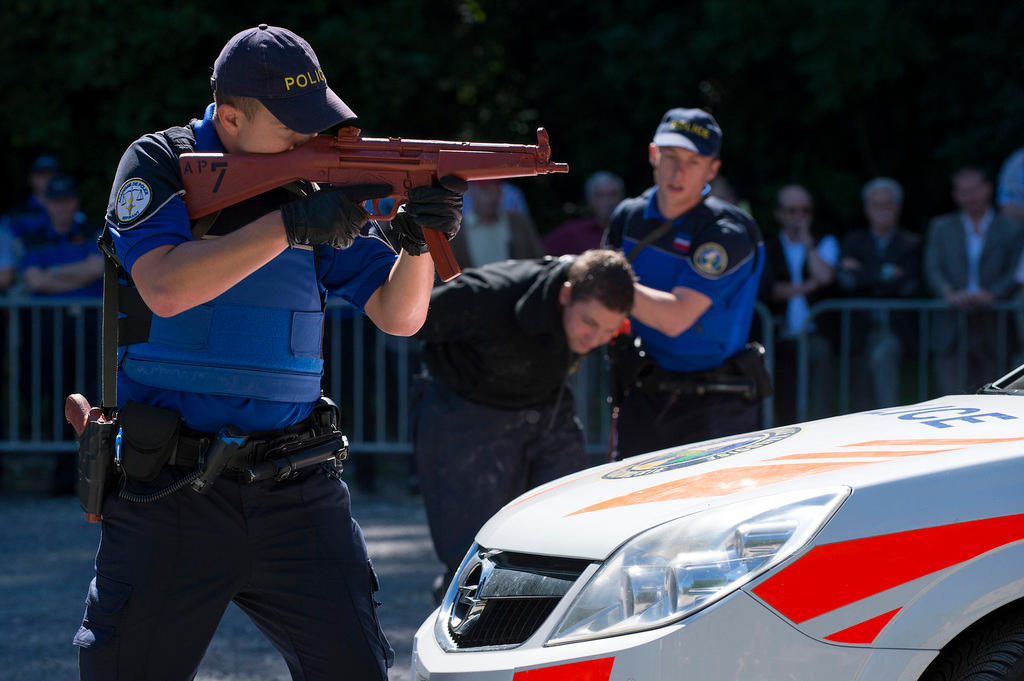
Neutral Switzerland is the ninth-safest place to live and is the only European country with no skirmishes in any recent domestic or international conflicts, according to a leading think tank.
It also is fortunate to not be among the 60% of nearly 200 countries in the world that have higher levels of terrorism than a decade ago, says the Institute for Economics and Peace’s Global Peace Index 2017. So why the need for tighter Swiss anti-terrorism laws?
The Swiss cabinet agreed on Thursday to launch a “consultation process” towards imposing tougher penalties against terrorists and their supporters.
The real goal is to comply with European standards for combatting and preventing terrorism – which will win the Swiss closer cooperation abroad.
That cooperation is needed to bring down the increasingly sophisticated networks used for money laundering, radicalisation and logistical planning – all of which are “acts likely to increase the risk of a terror attack”, the cabinet said on Thursday. A new “national action plan” is also in the works.
“The aim of these two projects is to broaden the range of tools available to combat terrorism even more firmly, without calling into question the liberal character of our societies,” the cabinet said.
Of particular concern is the recruitment and training for so-called jihadi tourism involving the Middle East. Responding to federal court criticism, the cabinet said it wants to improve and reauthorise laws to prevent support for al-Qaeda and the Islamic State group and other such organisations.
Swiss concerns
Crucially, the new measures will allow Switzerland to ratify the Council of Europe’s 2005 Convention on the Prevention of Terrorism and its 2015 additional protocol. That will ensure the Swiss gain broader international cooperation for their police efforts.
In March the Federal Intelligence Service (FIS) said 81 people motivated by extremist ideologies had travelled from Switzerland to conflict areas including Syria, Iraq and Afghanistan between September 11, 2001 and February 2017.
This number is up from 78 a month earlier. Twenty-two of those have been killed or are believed to be dead, the report said, while 14 have returned to Switzerland.
Iceland, New Zealand, Portugal, Austria and Denmark are the top five safest countries, according to the Global Peace Index. The least safe are Syria, Afghanistan, Iraq, South Sudan and Yemen.

In compliance with the JTI standards
More: SWI swissinfo.ch certified by the Journalism Trust Initiative








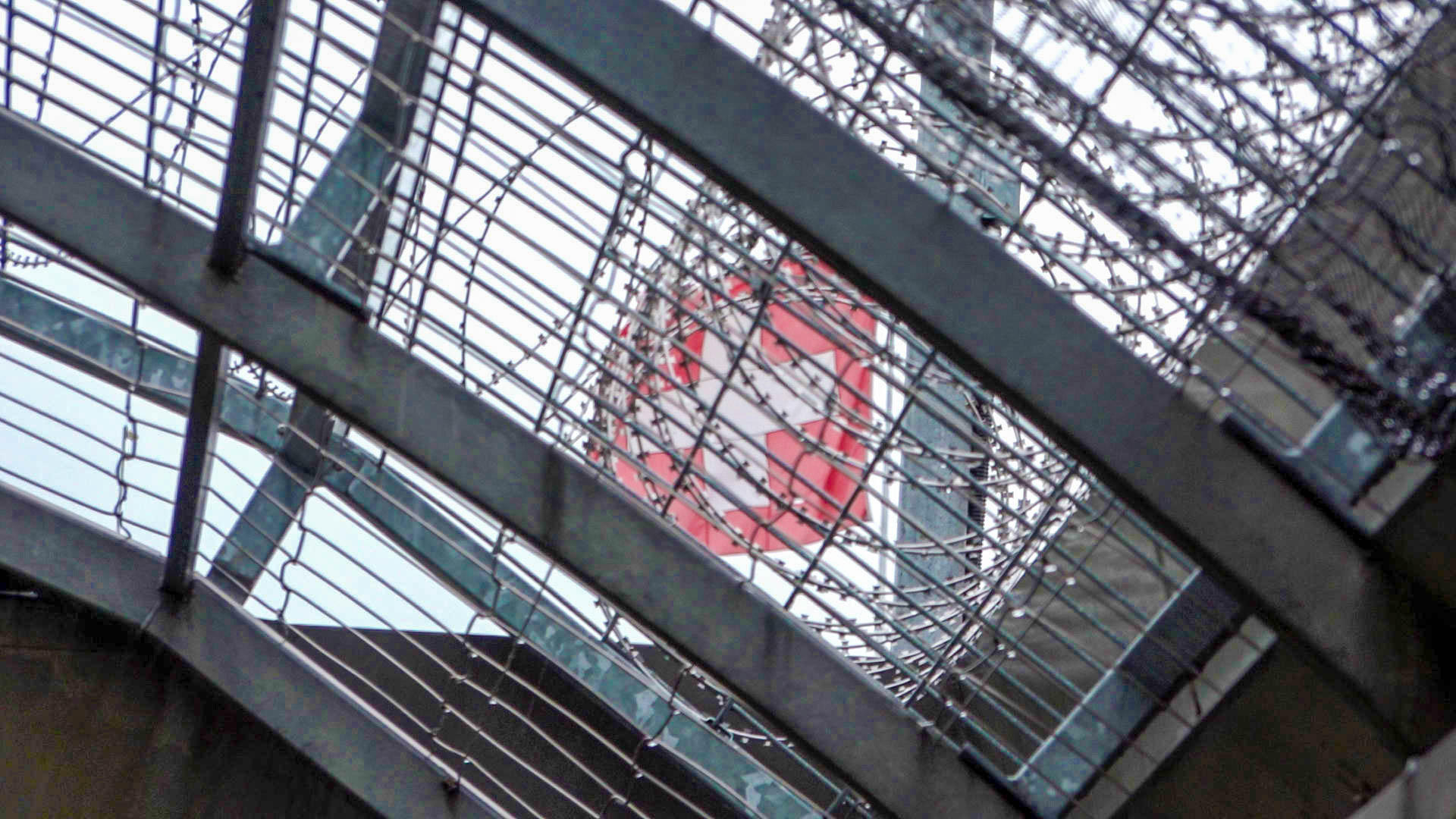
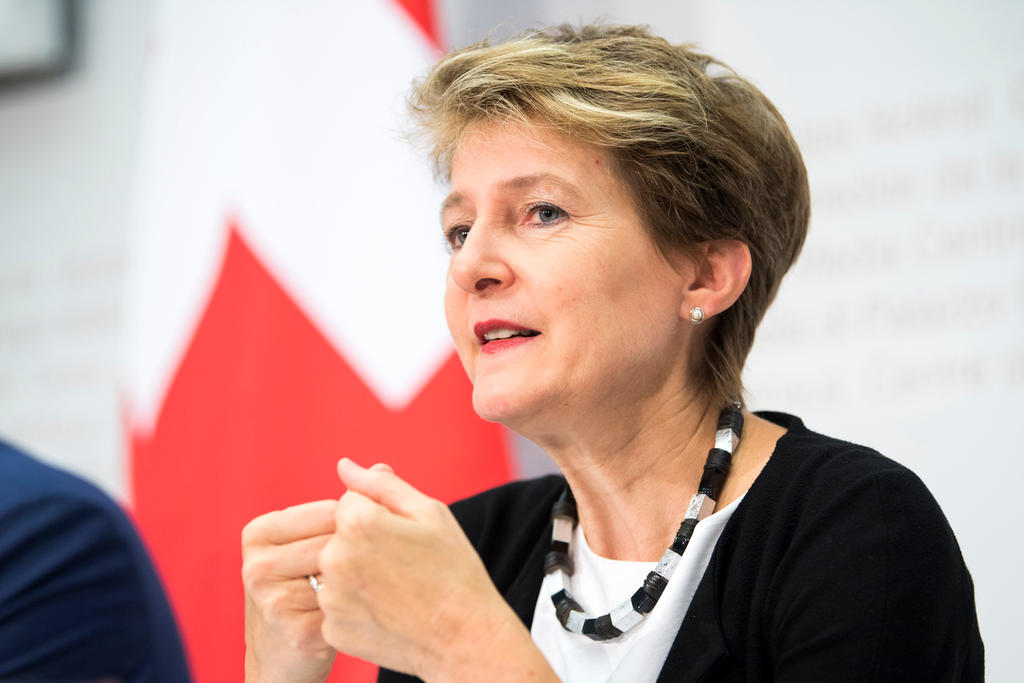
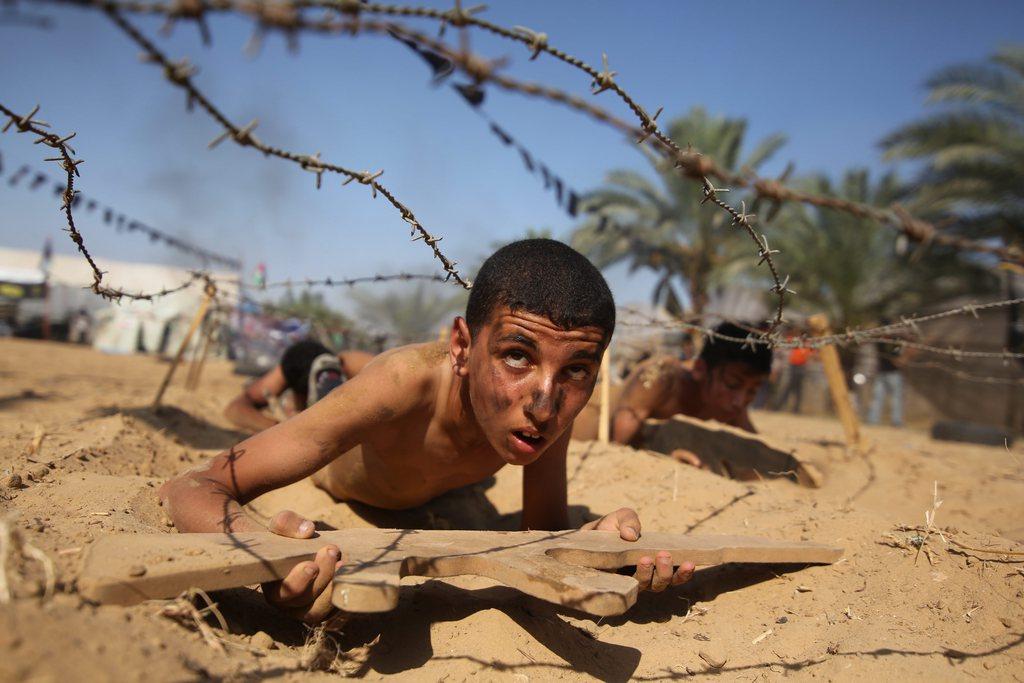
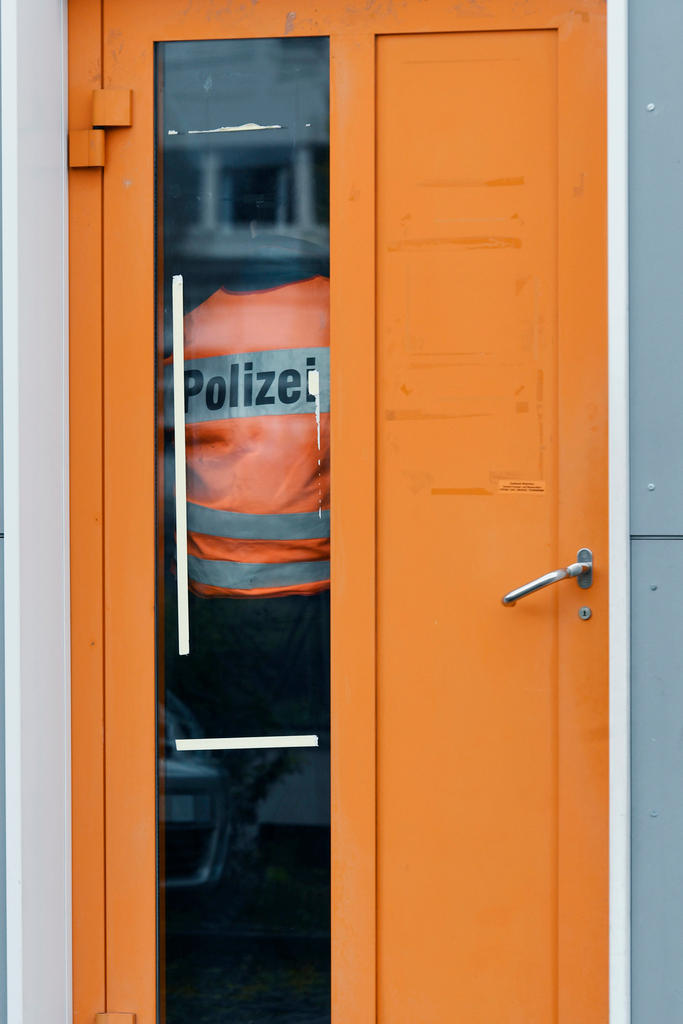

You can find an overview of ongoing debates with our journalists here . Please join us!
If you want to start a conversation about a topic raised in this article or want to report factual errors, email us at english@swissinfo.ch.